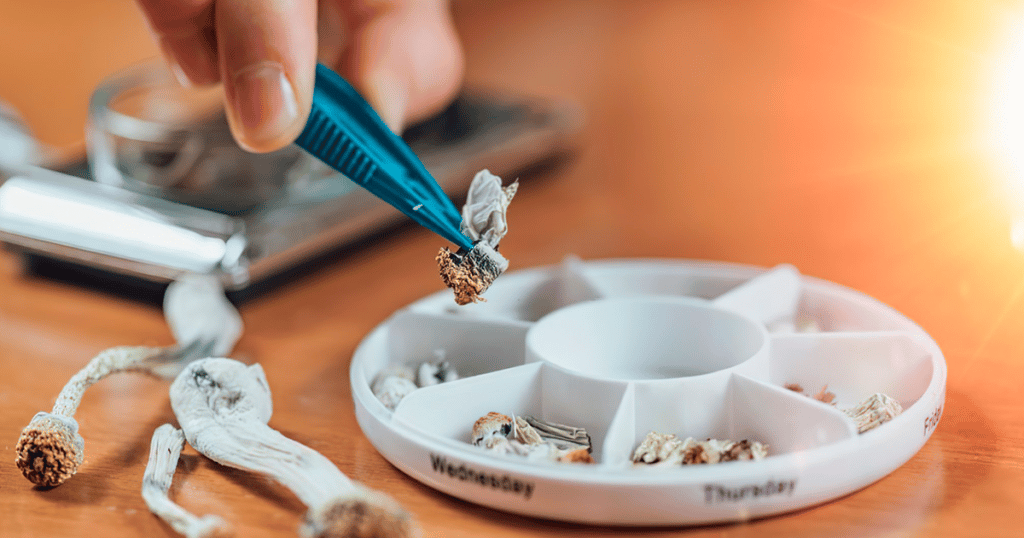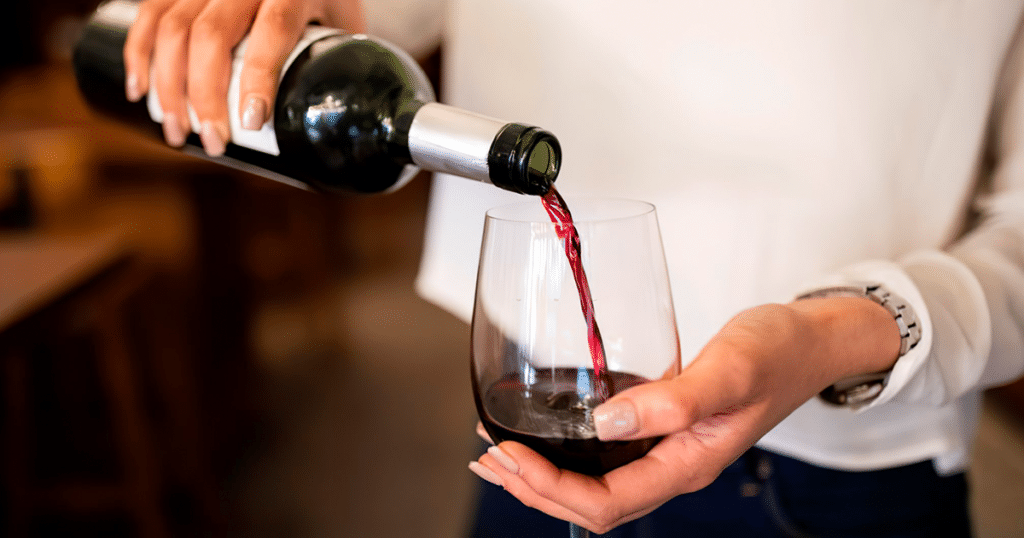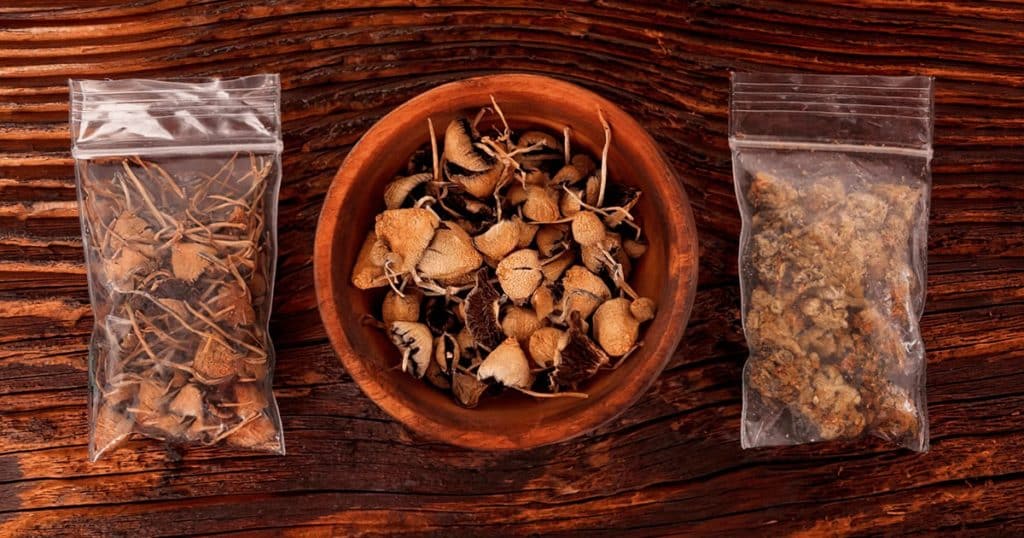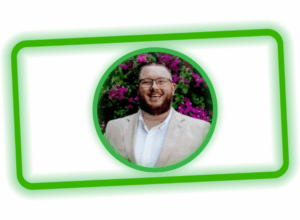Motherhood is tough.
You’re constantly worrying about your children, and you have to take care of yourself, too. No matter how much you love your children, being a mother comes with constant stress and anxiety — which can take a serious toll on your mental health.
Some mothers in the UK have decided to take control of their mental health and relieve themselves of stress through a sometimes controversial method: microdosing.
What Is Microdosing?
Microdosing is a practice where people consume small amounts of psychedelic drugs like LSD or psilocybin mushrooms to induce a “sub-perceptual” effect — enough that they feel its effects without actually tripping out. While microdosing may sound like an unorthodox or even dangerous way to deal with motherhood stressors, some women find that it actually helps them get through the day without feeling overwhelmed by their responsibilities at home and work.
A psychedelic substance is microdosed by consuming around one-tenth of the “trip” dose, which is insufficient to cause hallucinations but sufficient, in the opinion of the practice’s proponents, to improve mental clarity and lessen anxiety. There is enough proof to support the latter hypothesis, and the Food and Drug Administration recently approved London-based Compass Pathways’ request for a Phase 2B clinical trial using psilocybin to treat treatment-resistant depression.
Numerous Reddit users who have taken psilocybin microdoses claim that the mushrooms can boost creativity, ease anxiety, cut back on the need for coffee, and relieve mental illness symptoms.

Microdosing Moms vs Wine Moms
Wine moms and microdosing moms have one thing in common: they’re both a part of our culture and represent something about how we parent today.
Wine moms have become a pop culture phenomenon, but what does that mean? What do wine moms mean for us?
A wine mom, alone, is someone who likes a drink to take the edge off of parenting. She might be self-deprecating about it, or she might not. But en masse, wine moms are the 21st-century manifestation of a chronic problem we as a society face.
Substance abuse is sadly normalized, for parents especially. We see it all over TV — in sitcoms and dramas alike — when characters drink with abandon without any consequences or even much comment from other characters.
The mid-20th century also saw the rise of prescribed pharmaceuticals: drugs like Valium and Xanax marketed specifically toward women. These drugs were “Mother’s Little Helpers”; they became known as treatments of choice for the pressures of motherhood — singlehood or otherwise — and other historically specific forms of essentialized womanhood.
For many mothers, psilocybin is an attractive alternative to barbituates and other dangerous pharmaceuticals. Rebecca T., age 34, a business development manager from Bedfordshire, England, believes taking low doses of psychedelic mushrooms has helped her come to terms with her cancer diagnosis. She describes her experience with microdosing as liberating and life-changing, allowing her to become a better mother and a happier woman while giving her hope for the future as she struggles with cancer. Rebecca isn’t alone, either: a study performed by LifeSearch has found an enormous 43% rise in UK psilocybin users, with one in ten adults having microdosed their way through the pandemic.

The Safety And Efficacy Of Microdosing
While the science behind microdosing is still in its early stages, there have been some promising findings that show psilocybin (the active ingredient in magic mushrooms) and psilocybin microdosing may be an effective treatment for depression.
Anecdotal evidence — that is, personal stories — has shown that microdosing may be helpful for some people dealing with depression and other mental health issues. However, these reports are primarily anecdotal in nature and don’t prove anything about microdosing’s efficacy as an antidepressant treatment. There simply haven’t been enough scientific studies conducted on the subject to definitively declare it positive or negative.
There have been multiple placebo-controlled studies on psilocybin and psilocybin microdosing that have failed to demonstrate microdosing efficacy in treating depression beyond a placebo response at this time. The consensus among scientists is that more research needs to be done before we fully understand what dose range and scheduling routine is most safe and effective.
We’re so glad that mothers are finding ways to help improve their mental health and be better parents. We hope the scientific community continues to study psilocybin and psychedelics since it’s such an important topic in today’s world.
Enjoyed that first hit? Come chill with us every week at the Friday Sesh for a freshly packed bowl of the week’s best cannabis news!
















